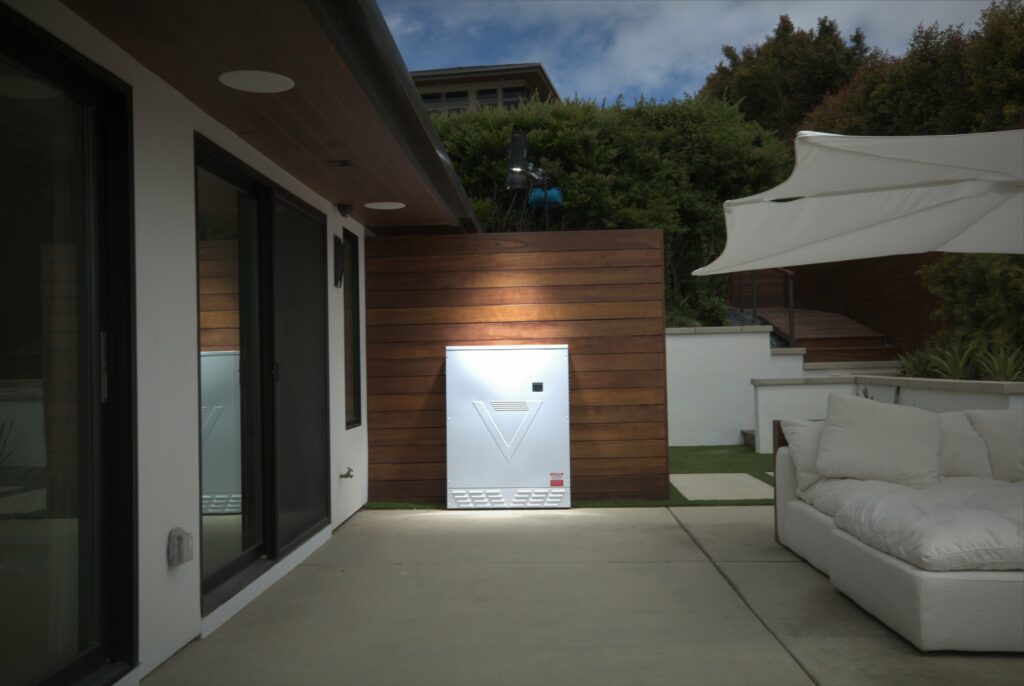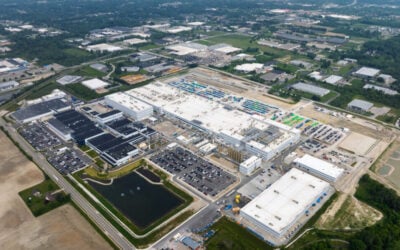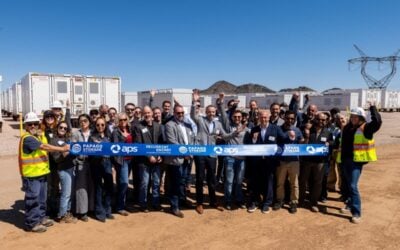
American Development Partners (ADP) will deploy the home energy storage solution made by NeoVolta at 750 pain management clinics across the US.
The freestanding clinics are standalone medical facilities that focus on the diagnosis and management of chronic pain. Because they are not attached to a larger medical facility or hospital, they can be located much more remotely.
Enjoy 12 months of exclusive analysis
- Regular insight and analysis of the industry’s biggest developments
- In-depth interviews with the industry’s leading figures
- Annual digital subscription to the PV Tech Power journal
- Discounts on Solar Media’s portfolio of events, in-person and virtual
NeoVolta’s energy storage systems, which use lithium iron phosphate (LFP) batteries, will help the clinics to manage their energy costs and provide backup power in the event of service disruptions. The units feature 14.4kWh of capacity as standard, with 7.68kW inverters and the LFP batteries are designed for a 6,000 cycle lifetime.
ADP, a real estate holding firm, may extend the rollout to thousands of other properties it owns across the country over the next four years, having selected NeoVolta as its exclusive energy storage system for commercial developments.
“Selecting NeoVolta as our battery system became an obvious choice once we took the time to evaluate the marketplace,” said American Development Partners, Founder and COO, Manny Butera. “At ADP we always are on the forefront of quality, dependability, and safety. NeoVolta’s product exemplifies those traits.”
NeoVolta said it would provide intelligent power management alongside the energy storage system as part of the rollout, and that this opened up a whole new market for it, having previously focused on residential applications.
The deal is similar in scale to one NeoVolta struck with EV charging station developer EOS, to install its storage solution at up to 1,000 charging stations nationwide, as covered by Energy-Storage.news. That followed closely on from an uplisting to the Nasdaq which raised US$3.9 million.






